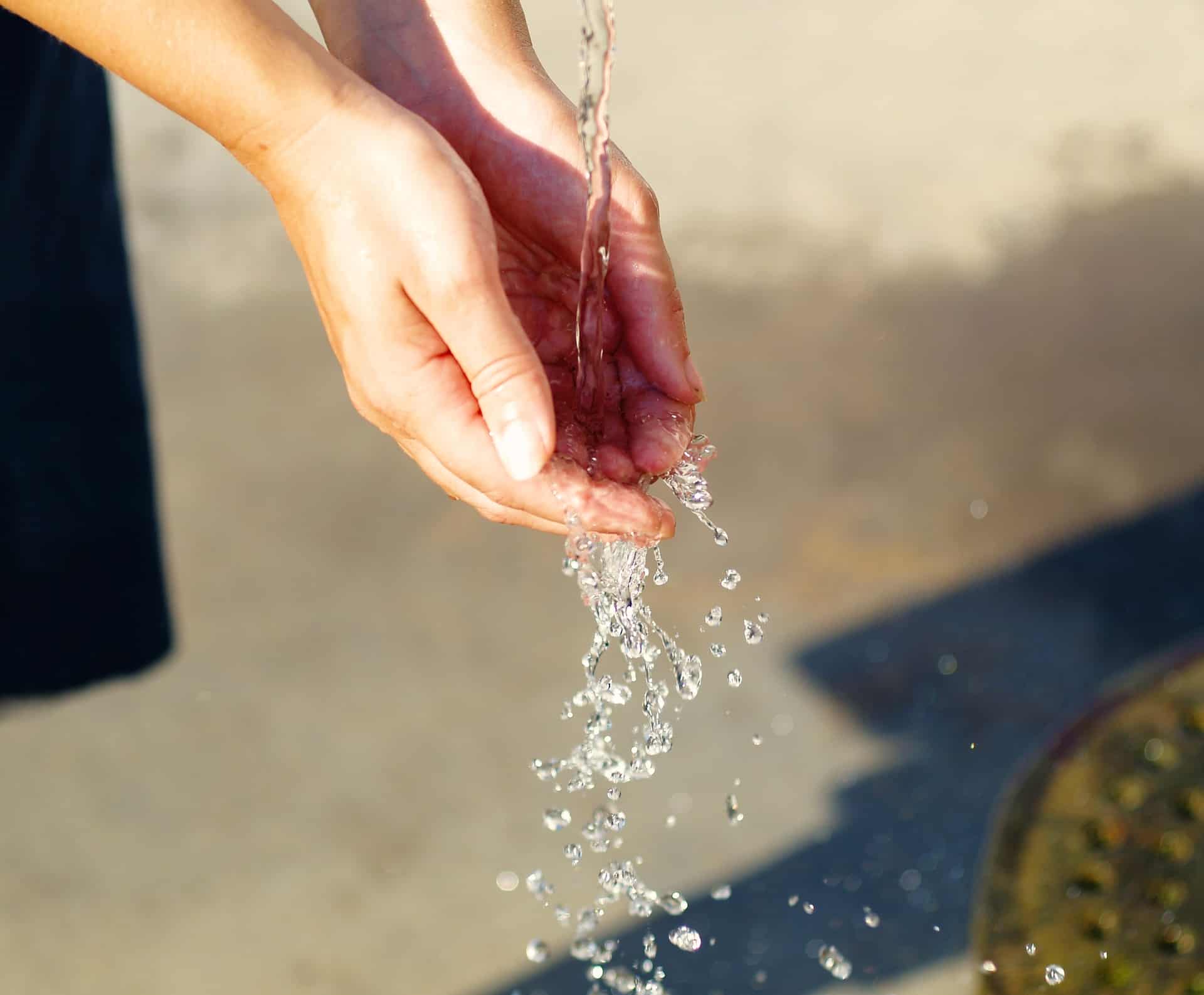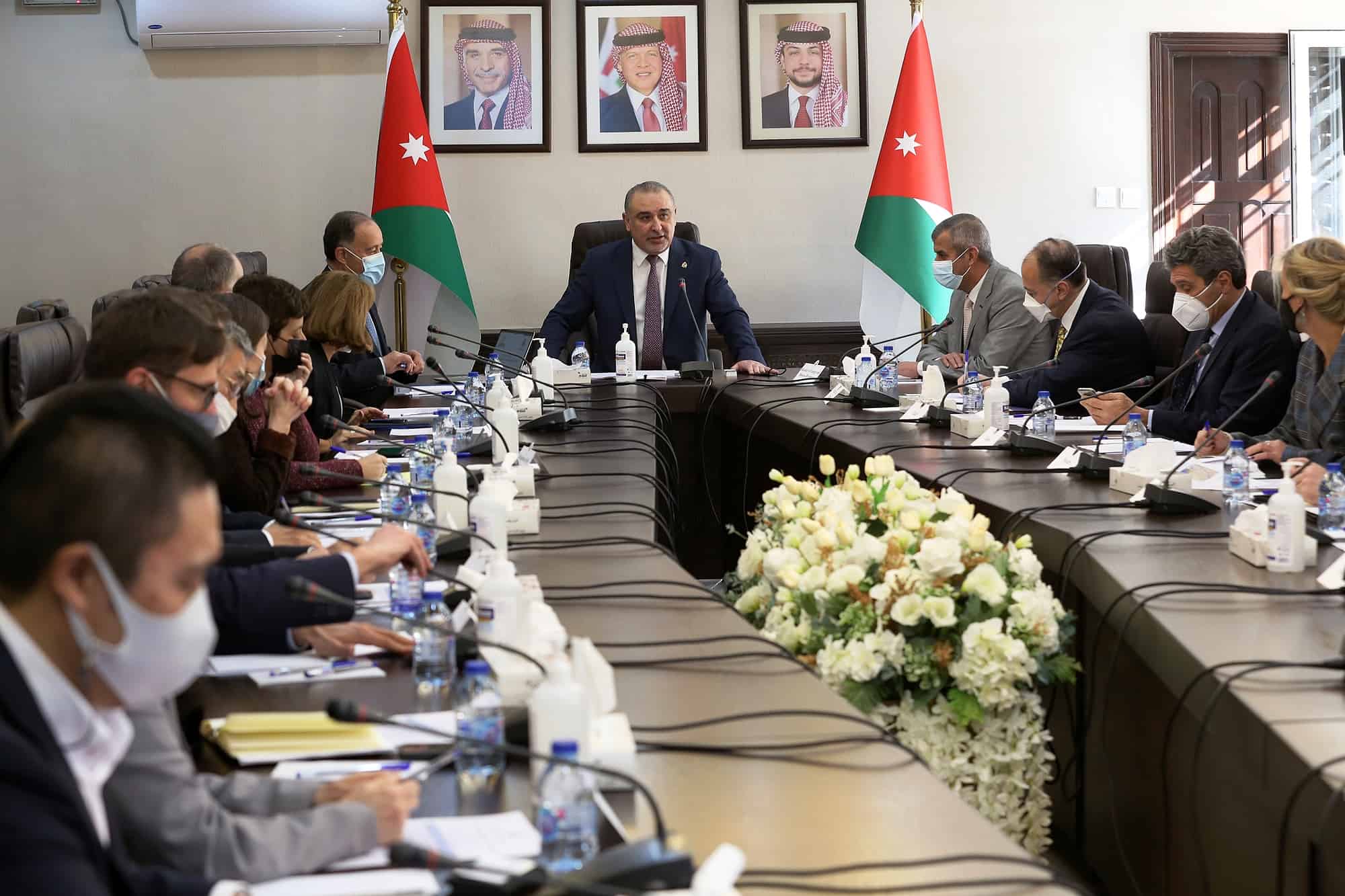Jordan has asked donor nations, banks, and financial institutions for funds to help build its national water carrier project, official sources have said.
Minister of Planning and International Cooperation Nasser Shraideh stressed the importance of such donors “actively” contributing to providing the “necessary” financial support for the national water carrier: the Aqaba-Amman Water Desalination and Conveyance Project (AAWDC).
Jordan is the second-most water scarce country in the world, according to Unicef.
The country’s annual renewable water resources are said to be less than 100 cubic meters per person, significantly below the threshold of 500 cubic meters per person which defines severe water scarcity.
Shraideh was chairing the expanded coordination meeting with ambassadors and representatives of donor countries, banks, and international financial institutions when he made the statement.
He described the project as “strategic and a top priority for water security.”
The project is expected to be completely implemented on Jordanian lands.
It is aimed to be able to provide “sufficient and sustainable” desalinated water estimated at about 300 million cubic meters annually to cover the kingdom’s water needs.

The AAWDC is the most important national investment projects within the government’s economic priorities program for 2021-2023, which it has pledged to implementing within “clear” time frames and achievement indicators, said the minister.
He briefed the attendees on Jordan’s water situation and the challenges facing the sector at the current stage as a result of several factors, foremost are the Syrian refugee crisis, climate change impact, sectoral needs and population growth.
On future action, the minister reviewed the timeframe for the progress of the AAWDC’s preparations.
The government, he said, was working “closely and continuously” to implement AAWDC, based on Jordan’s urgent need for additional water resources to keep pace with its growing needs, and to be able to bring about growth in vital economic sectors such as industry, tourism and agriculture, which are among the main drivers of employment and growth.
The minister also reviewed the government’s arrangements and measures taken in the context of ensuring feasibility of implementing AAWDC, especially in financial terms and the future steps aimed to move to carrying out this water project.
To kick off the execution phase, he urged officials from the parties participating in the meeting to provide the “highest” amount of grants and concessional funding for AAWDC, in a bid to increase its feasibility and ensure providing water at a “reasonable” price to citizens.
The ministry is preparing to hold a conference to announce donors’ pledges in March, he said, calling on the donor community to coordinate with their capitals to determine assistance to be provided to AAWDC.

